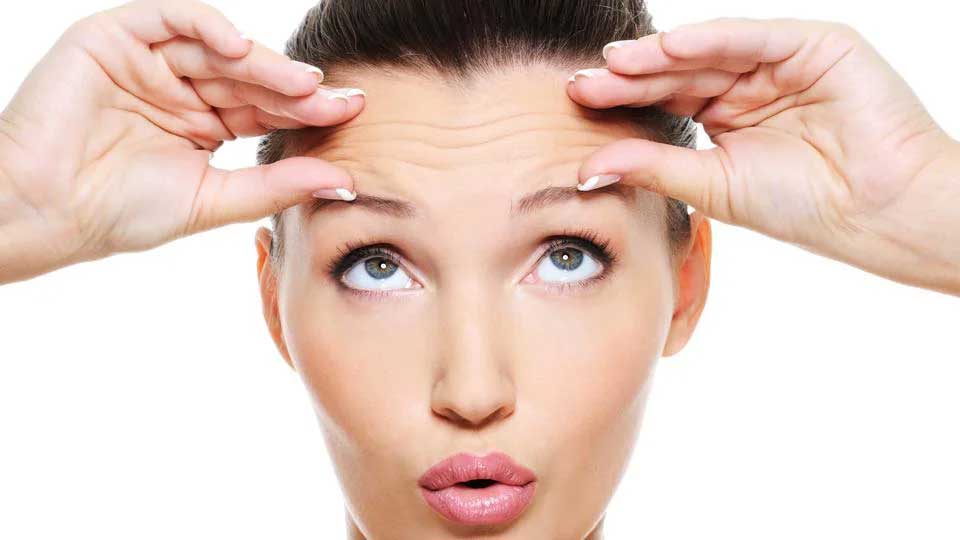Can retinoids damage your skin?
If available medication doesn’t suit you, Allaymeds is here for you. It is a compounding pharmacy means we create medicine according to specific patients’ requirements. We develop medications for each patient in collaboration with skin specialists.
Different skin types need different treatments and different medications. As a result, no single skincare medicine works for everyone. Different formulations of dermatology compounded medications are available to address a range of conditions.

It is very safe to use retinol on your skin. You won't be disappointed with a Vitamin A derivative, often known as a retinoid, to increase collagen and elastin. Originally it was developed to treat acne but was found that it is also useful for antiaging. Altreeno and Inova are both brand names for retinoids but tretinoin, a generic alternative, performs similarly and is less expensive.
Topical retinoids or retinoid creams are used for acne, wrinkles, and age spots. It can also reduce sun damage.
Some retinoids (low-strength retinol) can be bought without a doctor’s prescription. Others need to be prescribed by a doctor. Retinols promote cellular turnover to keep pores clear and prevent acne outbreaks. Additionally, it enhances the skin's radiance, wrinkles, and texture.

What are the benefits of retinol?
Retinol has many advantages for the skin, including the ability to:
- Treat acne
- Increase collagen
- Brighten skin
- Skin tone and texture refinement
- Diminish wrinkles
- Clear pores
Side effects of retinol
Retinoid medications like Retin-A and Accutane have certain side effects. People with sensitive skin or skin that is easily irritated should use retinol with caution. Inflammation, including redness, dryness, and peeling, has been noted in first-time retinol users.
Rare side effects of retinol are acne breakouts. You may suffer more irritability (itchiness and scaly patches) if you use retinol in excess amounts or at an excessively high dosage. It might be what caused the link between retinol and skin thinning. Retinol does not thin skin, contrary to popular belief.
Rare side effects include skin discoloration, swelling, stinging, and eczema flare-ups.
What is skin thickness?
Your genetics have a role in determining your skin thickness. Naturally thicker skin is more common in people who have more melanin in their skin. It means skin that is lighter in color tends to be thinner than skin that is darker in color.
Through prolonged exposure to environmental factors such as ultraviolet radiation and lifestyle decisions such as smoking, some people may eventually develop a thin skin.
When used correctly, retinol won't damage the skin barrier. Retinol may only irritate your skin for the first few weeks until it adjusts, which isn't long enough for skin thinning to appear. You could probably switch to a lesser strength and use retinol less frequently if it is causing you persistent irritability. Darker skin tones may be more prone to hyperpigmentation or discoloration from the usage of retinol if it is too strong for your skin and causes inflammation.
If using retinol causes the skin barrier to be disrupted, you are using considerably too much of it and way too strong of a dose. Talk to your dermatologist and find what is the right dose for you.
Who needs to avoid retinol?
Avoid retinol if you have sensitive skin. Retinol should also be avoided if you plan to spend a lot of time outside without applying sunscreen. It is important to use sunscreen every day as your skin may become more sun-sensitive if you use retinol.
The use of retinoids during pregnancy or breastfeeding is also not recommended.
How do you apply retinol to your skin?
Your skin will take some time to adjust to retinol. Start with 0.3 or 0.5% retinol. Apply it at night a couple of times a week. If your skin has improved each week, gradually increase the amount at night until you are applying it every night or as directed. Retinol can make skin dry, you can use a moisturizer to keep your skin hydrated.
Before using retinol, consult a dermatologist if you're also using another topical acne treatment.
After stopping retinol use, does the result last?
For the effects to continue to work, you must use it consistently. Don’t use many products at once or in combination with retinol such as glycolic acid, salicylic acid, and abrasive agents. It may cause irritation.
Retinol is safe to use as an anti-aging product for the long term. Retinol maintains the elasticity of the skin. But sensitive skin may become dry, so use a moisturizer along with retinol.
Our skin loses its ability to retain moisture over time. If you notice that your skin is getting drier as you get older or when it gets colder, lower the frequency and strength of your retinol treatments.
How long does it take to see results?
While prescription-strength retinoids may start working within a few weeks, over-the-counter retinol may take up to six months to get the same benefits. Conditions like acne may improve after 12 weeks but age-related changes and sun damage may take a very long time to reverse.
Retinol does not have a negative consequence when used carefully and safely.
